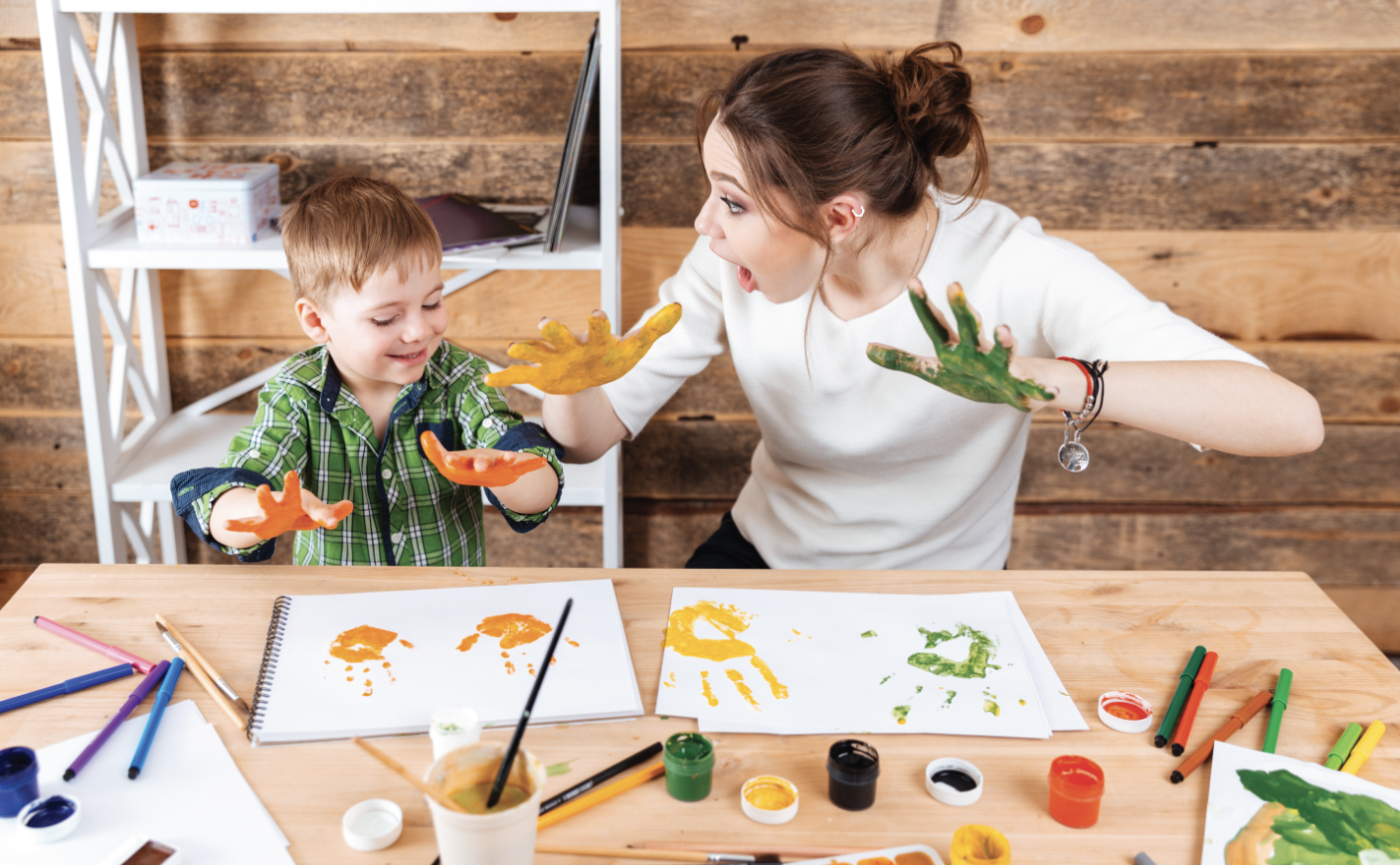By: Christine Hemelians, MS, OTR/L
Play is an important part of a child’s development. However, in children presenting developmental delays or diagnosed with autism, play can be very limited. In fact, play in children on the spectrum can look very different than their neurotypical peers. In autistic children, play may be repetitive, like lining up toys, or wanting to play with the same thing over and over again, wanting to play alone. In addition, they might not know how to play with toys, have difficulty learning to play by watching others because it’s hard for them to imitate, and lack the foundational skills that play requires, like issues with fine motor skills and coordination. Autism affects play skills because imagination and pretend play may be nonexistent, which can lead to repetitive actions that are only meaningful to the child.
As a result, the development of these important play skills may be affected:
- Copying simple actions or gestures
- Exploring new environments
- Sharing objects and attention with others
- Responding to others
- Taking turns
Usually, if a neurotypical child enters a room full of new toys, they’ll be overwhelmed trying to figure out how to play with unfamiliar toys. Adult interaction is needed to provide guidance so that the child can learn to play with unfamiliar toys, and in turn can share these newly acquired skills and knowledge, to be able to engage with others. In most cases, playing and engaging with the adult, supersedes playing with the toy itself. Play is really about the interaction itself, and toys are props that support that interaction during play.
It’s important to help kids with autism improve their play skills, because play is a foundation for learning. Play enhances:
- Foundational learning skills- like attention and flexibility
- Cognitive skills- problem-solving
- Communication skills- practicing new words
- Social skills- taking turns or sharing
- Fine motor skills- drawing, stacking, and building
- Gross motor skills- running and jumping
Here are some tips to encourage and enhance play skills with your kiddo:
- Get on their level on the floor so that you are eye level to them
- Watch your child throughout the day and look for times when they show interest in an activity
- Follow your child’s lead with play. For the time being, it’s important to join in with your child during their play, rather than guiding it.
- Copy your child’s actions when appropriate. Imitating their actions can show your approval and make it more likely that they’ll be aware of your actions in he future.
- Expand their interest by introducing new toys or games




